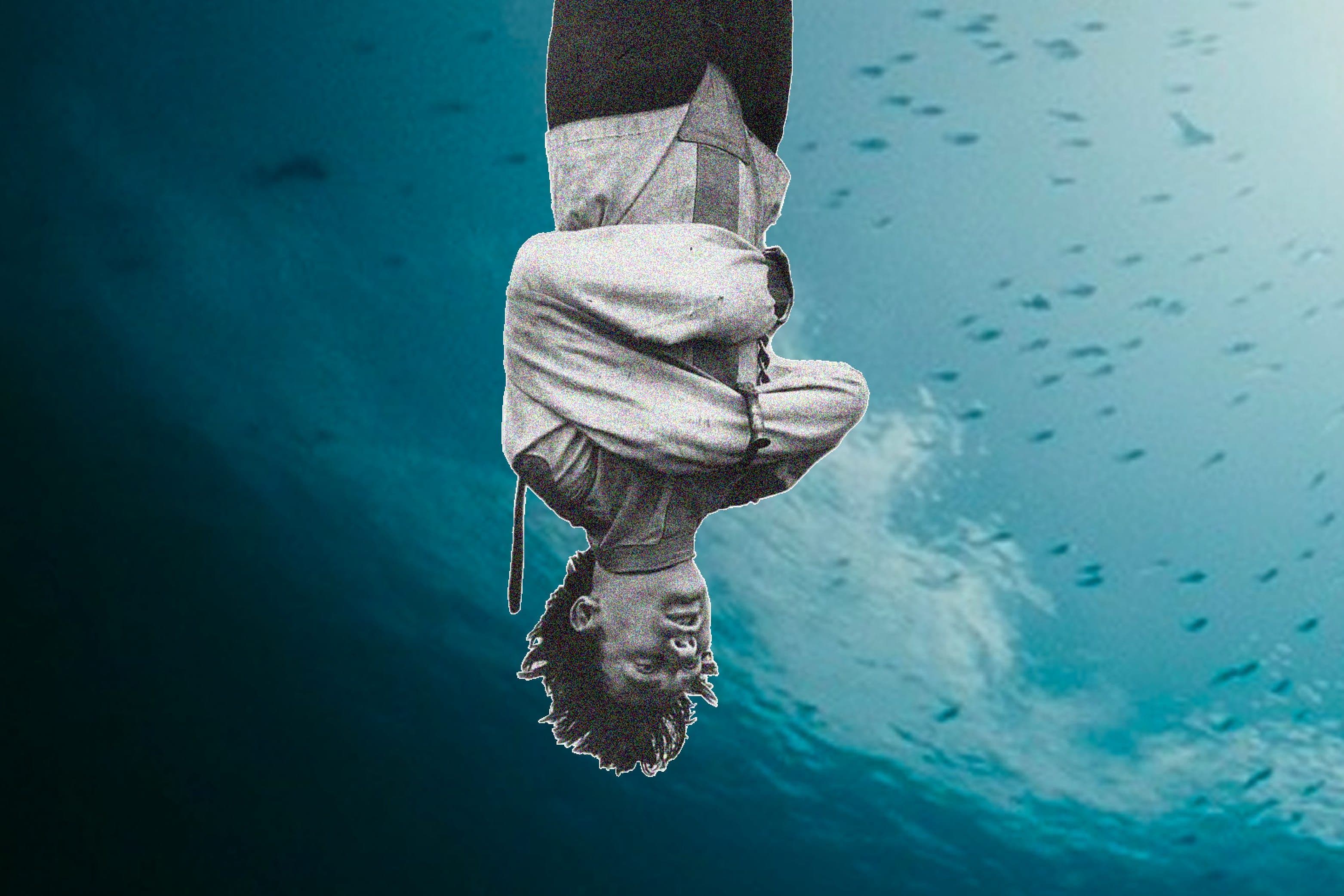
Don't Die. Multiply.Feb 14
some tasteful reading to boost your nighttime erection score this valentine's day
Jun 22, 2023

When a man risks everything. I successfully avoided the story of the submersible for a day or so before the sheer volume of the discourse finally caught me, as if the gravitational pull of the blackest hole in space, and dragged me into the news, where I watched in horror as it all progressed: five hopeful explorers of the sunken Titanic, sealed in a metal tube roughly the size of a Subaru, lost several miles down below the surface of the ocean. Or, this is what we thought. If the men were still alive, they had no way to communicate with the crew above. They had no food, no water, no room to fully extend their legs, even, and maybe 40 hours left to breathe. If they lost power, their vessel would be pitch black, and freezing. Then, the more specifically human dangers in a situation so fraught were many, and almost too disturbing to consider. The first impulse of most people who learned of the story was, of course, to empathize. What if it were me, or someone I loved? Terrible. Unthinkable. But while this natural impulse to empathy certainly comprised the reaction of most, it was not universal. To the contrary, and to my initial surprise, hundreds of thousands of people appeared to be… celebrating the disaster. Why, I wondered. What could these men and their families have possibly done to deserve so gruesome a fate? I found my answer soon enough. Two of the adventurers were very rich, it turns out, and therefore not quite human. Other. “Part of the problem.” They deserved to die.
Ben Collins, NBC’s chief “disinformation expert,” was the first person I saw characterize the event as “comforting,” and kind of fun. But this was just the shallow end of the psychopathic pool. Hamish Harding “is running a private jet company,” one woman informed the world, which means it’s good he’s dead. Later that night, after “banging” was detected by search parties using sonar, one man photoshopped a bunch of orcas with instruments deep beneath the waters clanging. “Bang Bang,” he wrote, “the water’s fine, send more billionaires.” Over 75,000 people liked that tweet. Matt Bernstein, a left wing political influencer popular among the “disinformation experts,” joked the rich were finally eaten (by sea creatures). Finally, and inevitably I guess, the New Republic’s Daniel Strauss produced the saga’s single most horrific piece of content, or at least thus far. The company’s CEO may be slowly dying 13,000 feet below the surface, he reported, but let’s also keep in mind he donated money to a few Republicans.
I mean, my expectations of the press are low but holy shit.